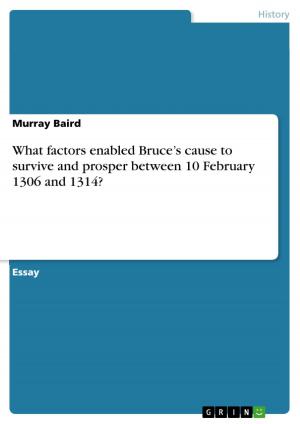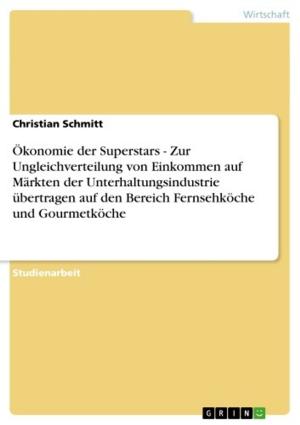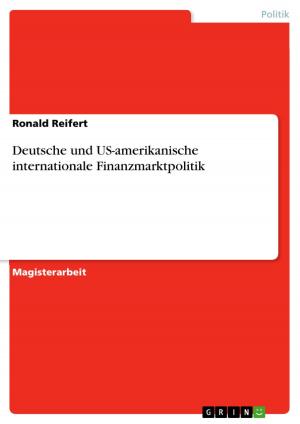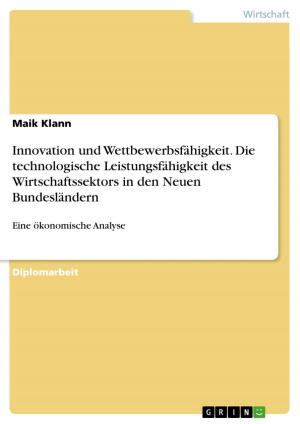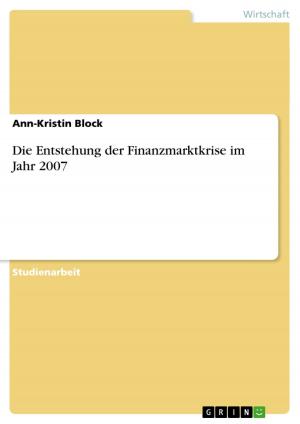Evaluation and selection of differentiation as a strategy for McDonald's
Business & Finance, Management & Leadership, Operations Research| Author: | Apakshit Sachdeva | ISBN: | 9783668276666 |
| Publisher: | GRIN Verlag | Publication: | August 17, 2016 |
| Imprint: | GRIN Verlag | Language: | English |
| Author: | Apakshit Sachdeva |
| ISBN: | 9783668276666 |
| Publisher: | GRIN Verlag |
| Publication: | August 17, 2016 |
| Imprint: | GRIN Verlag |
| Language: | English |
Document from the year 2015 in the subject Business economics - Operations Research, , language: English, abstract: This report is based on an evaluation and selection of differentiation as a strategy that McDonald's should pursue in order to realise growth and competitive advantage in the fast food industry. As the business environment changes, businesses are forced to change their strategies in an attempt to adapt to the changing environment neither as a means of survival, or in order to prosper. In such a case, determining the strategic position of a firm is crucial. Johnson, Scholes and Whittington define strategy as 'the direction and scope of an organisation over the long term, which achieves advantage in a changing environment through its configuration of resources and competences with the aim of fulfilling stakeholder expectations'. The three key generic strategies that a business can use are: differentiation, focus, and cost leadership. McDonald's is a leading multinational player in the fast foods industry that is famous for providing basic fast-food items at low cost. The firm has been very successful in implementing this strategy by taking advantage of its high bargaining power to acquire raw materials cheaply thus passing the benefits of costs savings to the end-consumer. While this strategy worked during the introductory phase of the company's business operations, McDonald's has now been forced to pursue a growth strategy by ensuring quality and product differentiation.
Document from the year 2015 in the subject Business economics - Operations Research, , language: English, abstract: This report is based on an evaluation and selection of differentiation as a strategy that McDonald's should pursue in order to realise growth and competitive advantage in the fast food industry. As the business environment changes, businesses are forced to change their strategies in an attempt to adapt to the changing environment neither as a means of survival, or in order to prosper. In such a case, determining the strategic position of a firm is crucial. Johnson, Scholes and Whittington define strategy as 'the direction and scope of an organisation over the long term, which achieves advantage in a changing environment through its configuration of resources and competences with the aim of fulfilling stakeholder expectations'. The three key generic strategies that a business can use are: differentiation, focus, and cost leadership. McDonald's is a leading multinational player in the fast foods industry that is famous for providing basic fast-food items at low cost. The firm has been very successful in implementing this strategy by taking advantage of its high bargaining power to acquire raw materials cheaply thus passing the benefits of costs savings to the end-consumer. While this strategy worked during the introductory phase of the company's business operations, McDonald's has now been forced to pursue a growth strategy by ensuring quality and product differentiation.


